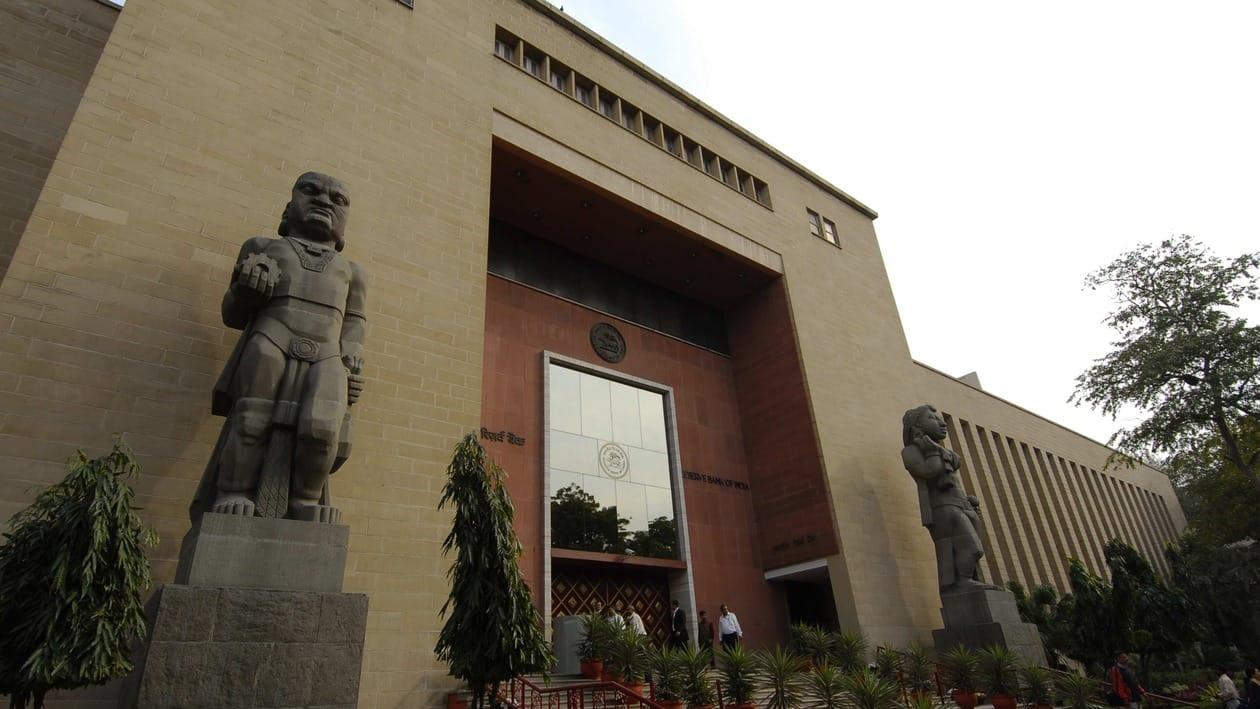Commercial banks have recently requested the banking regulator Reserve Bank of India to extend dispensation on the held-to-maturity (HTM) portion of bond portfolios beyond March 2023, Business Standard reported.
Bankers have sought permission to park a larger quantum of securities in the portfolio than is currently permitted amid an environment of rising bond yields.
“Banks wanted more HTM and greater clarity on whether there would be an extension of the timeline. This dispensation is until March 2023. What happens if a bank buys a bond after March 2023? It has to be marked-to-market (MTM) and becomes a challenging situation,” said a source in the know to BS.
Reduced HTM on the cards?
In April, the RBI enhanced the existing HTM limit of 22 per cent of deposits to 23 per cent and allowed banks to include securities acquired between April 1, 2022, and March 31, 2023, according to the enhanced limit of 23 per cent.
The central bank said that the enhanced HTM limit of 23 per cent would be reduced to 19.5 per cent in a phased manner, beginning from the quarter ended June 30, 2023.
The HTM book offers protection against treasury losses since securities kept in the portfolio are exempt from being MTM.
Bond prices and yields move inversely, which result in MTM losses suffered on bond portfolios in a rising yield environment. Given that banks are required to set aside provisions for MTM losses, rising bond yields, therefore, dent profitability, the report said.
With the RBI having lifted the repo rate by 90 basis points (bps) since May to tackle elevated inflation, yields on government securities (G-secs) have climbed sharply. The 10-year benchmark bond yield jumped 61 bps to 7.45 per cent in April-June, BS reported.
A recent report by rating agency ICRA said hardening bond yields may cause Indian banks to incur MTM losses to the tune of ₹10,000-13,000 crore in their bond portfolios in the quarter ended June.
The adverse impact of hardening of yields is expected to be felt most by PSBs, given their higher holding of G-secs of a longer tenure, the rating agency said.
Longer-tenure securities pose greater MTM risk on bond portfolios as prices of these swing sharply, relative to a minor movement in their yields.
